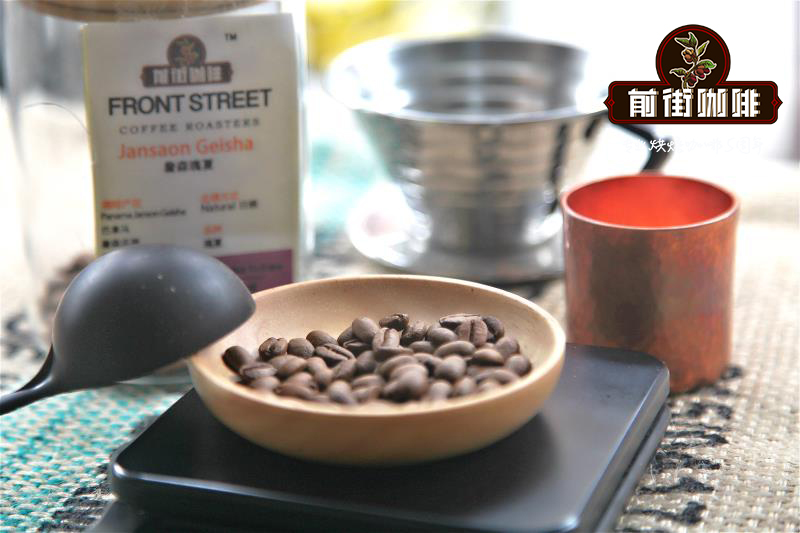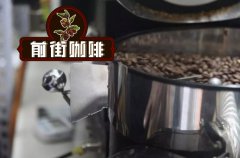Coffee nano batch to understand what is coffee nano batch

Professional coffee knowledge exchange more coffee bean information please follow the coffee workshop (Wechat official account cafe_style)
Quality, traceability, direct trade, reasonable price, unique flavor, good handling. These are the excellent properties of individual coffee and micro-batch coffee.
But if you put aside these definitions, do you know what "single origin" means? What is the difference between a single manor, micro-batch or even nano-batch? How else can producers make sure that micro-batches are not mixed with other batches of coffee?
Micro batch
The coffee comes from a specific area of an estate, sometimes from a small farm, or from a small plot of land shared by many producers.
Coffee is harvested and processed in small batches, and micro-batches of coffee are usually of very good quality because of higher labor costs, which in turn leads to higher back-end prices. Terra said O'coffee 's micro-batch coffee had a cup score of about 87-89 points and produced about 40 packets of 60-kilogram sacks.
Nano batch
As the name suggests, nanobatches are very similar to microbatches, but on a smaller scale. Terra said their nano-batch cup test scores are usually above 90, and then there are only 1-to 2-pack of 60-kilogram sacks.
Why choose single manor and micro-batch?
So single origin is not that good? Does coffee have to come from a single farm, micro-batch and nano-batch in order to be of high quality? And what if microbatches are assembled from several estates?
When the third wave of coffee is becoming more and more popular and the transmission of information between farmers and consumers is faster, we should pay more attention to the meaning of origin. The nature and quality of soil, climate, variety selection and treatment will have a great impact on the quality of coffee.
This is why we should avoid introducing coffee solely by country or large producing areas. A single origin like Brazil is basically meaningless, because Brazil produces about 30% of the world's coffee, even if it comes from Brazil's Minas Gerais, because Brazil's Minas Gerais produces more coffee than most countries in the world.
Important Notice :
前街咖啡 FrontStreet Coffee has moved to new addredd:
FrontStreet Coffee Address: 315,Donghua East Road,GuangZhou
Tel:020 38364473
- Prev

Characteristics of El Guaduo coffee flavor in golden cup
Professional coffee knowledge exchange more coffee bean information please follow the coffee workshop (Wechat official account cafe_style) before you come into contact with this producing area, maybe you, like us, thought that this producing area would be very thunderous, but after we had gone through a cup of chaos test, blind test and random test, the result was surprisingly acidic and comfortable, located in the middle of Colombia and Peru in South America.
- Next

Colombia Medellin Coffee introduces Colombian boutique coffee with great potential.
Professional coffee knowledge exchange more coffee bean information please follow the coffee workshop (Wechat official account cafe_style) Colombia is rich in coffee production, has always lost only to Brazil, is the second largest coffee producer, however, between 2003 and 2007, it was overtaken by Vietnam and is now the world's third largest coffee producer, and more than 2 million people in Colombia rely on coffee production.
Related
- Detailed explanation of Jadeite planting Land in Panamanian Jadeite Manor introduction to the grading system of Jadeite competitive bidding, Red bid, Green bid and Rose Summer
- Story of Coffee planting in Brenka region of Costa Rica Stonehenge Manor anaerobic heavy honey treatment of flavor mouth
- What's on the barrel of Blue Mountain Coffee beans?
- Can American coffee also pull flowers? How to use hot American style to pull out a good-looking pattern?
- Can you make a cold extract with coffee beans? What is the right proportion for cold-extracted coffee formula?
- Indonesian PWN Gold Mandrine Coffee Origin Features Flavor How to Chong? Mandolin coffee is American.
- A brief introduction to the flavor characteristics of Brazilian yellow bourbon coffee beans
- What is the effect of different water quality on the flavor of cold-extracted coffee? What kind of water is best for brewing coffee?
- Why do you think of Rose Summer whenever you mention Panamanian coffee?
- Introduction to the characteristics of authentic blue mountain coffee bean producing areas? What is the CIB Coffee Authority in Jamaica?

